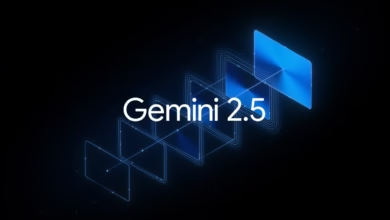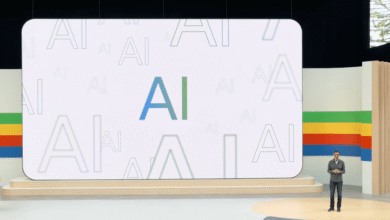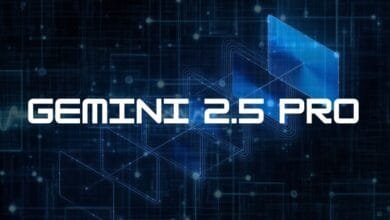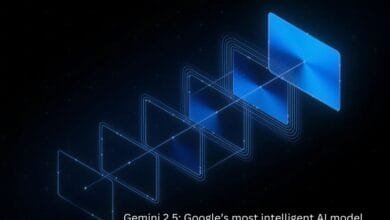Google’s New Implicit Caching Cuts AI Model Costs
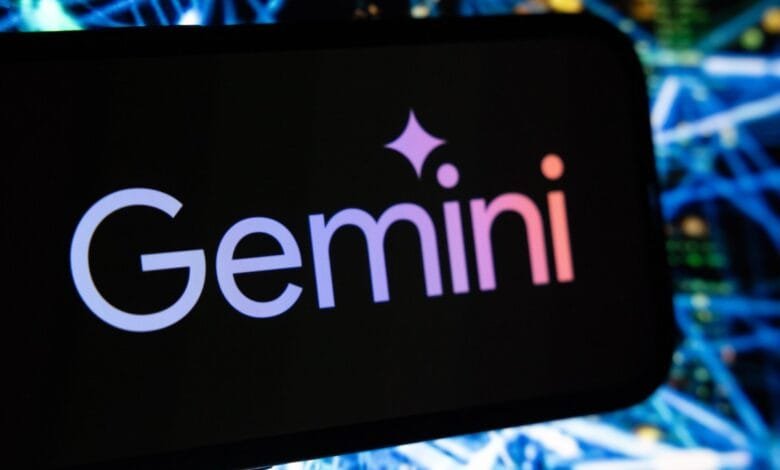
▼ Summary
– Google introduced “implicit caching” in its Gemini API, claiming it reduces costs by 75% for repetitive context in Gemini 2.5 Pro and 2.5 Flash models.
– Unlike explicit caching, which required manual setup, implicit caching is automatic and enabled by default for eligible requests.
– The feature triggers savings when requests share common prefixes, with minimum token thresholds of 1K for 2.5 Flash and 2K for 2.5 Pro.
– Google faced developer complaints about explicit caching’s high costs and complexity, prompting this new automated solution.
– Google advises developers to structure requests with repetitive context first to maximize cache hits but hasn’t provided third-party verification of savings.
Google’s latest update to its Gemini API introduces implicit caching, a feature designed to significantly reduce costs for developers using AI models. The automatic caching system promises up to 75% savings on repetitive queries processed through Gemini 2.5 Pro and 2.5 Flash models, addressing growing concerns over the expense of cutting-edge AI tools.
Unlike previous implementations that required manual configuration, implicit caching works seamlessly in the background, identifying and reusing cached responses for similar requests. This eliminates redundant computations, lowering operational costs without developer intervention. Google has also reduced the minimum token threshold—now just 1,024 tokens for Gemini 2.5 Flash and 2,048 for Gemini 2.5 Pro—making savings accessible even for shorter prompts.
The move comes after criticism of Google’s earlier explicit caching approach, which some developers found cumbersome and unreliable, occasionally leading to unexpectedly high bills. By automating the process, the company aims to streamline efficiency while passing cost benefits directly to users.
However, there are caveats. Google advises structuring requests with repetitive context at the beginning to maximize cache hits, while variable elements should follow later in the prompt. The company hasn’t provided independent verification of the claimed savings, leaving some to await real-world feedback from early adopters.
Tokens—the fundamental units of data processed by AI models—play a key role here. Roughly 1,000 tokens equate to 750 words, meaning even moderately sized queries could qualify for caching benefits. If the system performs as intended, it could mark a turning point for cost-conscious developers leveraging large language models.
While skepticism remains given past hiccups, the potential for substantial cost reductions makes this update one to watch. Developers experimenting with Gemini’s latest models will soon reveal whether implicit caching lives up to its promises.
(Source: TechCrunch)

